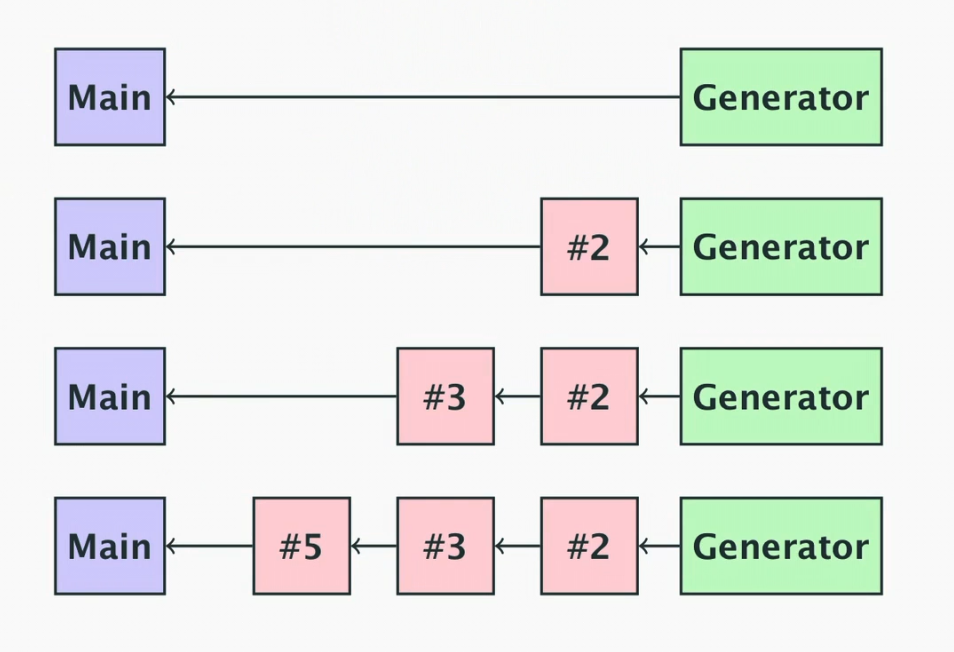Alex
Concurrency In Go (Video 23)
Channels Overview
- Channels are one-way communication pipes where writers write values in and readers read values out
- They are thread safe data structures, meaning multiple writers and readers can share it safely
- Channels act as a synchronisation point that allows multiple independent processes to communicate safely
- The idea of channels and Goroutines in Go is based off Hoare’s Communicating Sequential Processes
Goroutines Overview
- Goroutines are the unit of independent execution in Go. They are started by putting the
gokeyword in front of a function call - Goroutines aren’t OS threads, they are lightweight userspace threads that are scheduled onto a number of real OS threads. This lightweight design means Go can schedule thousands of Goroutines with little overhead
- Channels are used to synchronise Goroutines. We know that a send (write) to a channel always happens before a receive (read)
- Channels will block if you attempt to read from an empty channel
- Channels will also block if you attempt to read from a nil channel
- Channels will instantly return
(zeroVal, nok)if they are closed and you try to read
http.HandlerFunc Channel Pattern
- An interesting pattern can be established using channels in a method receiver. If we wanted to have a channel that is directly used by a handler that conforms to
http.HandlerFunc’s signature, we could use a global variable, however this isn’t a great idea since global variables aren’t great - So instead we can create a named type for the channel, then attach a method to the channel that has the correct signature:
type intCh chan int
func (ch intCh) handler(w http.ResponseWriter, r *http.Request) {
fmt.Fprintf(w, "Received %d from channel", <-ch)
}
- Now instead of having the channel as a global variable, we can instead use a method value:
http.HandleFunc("/", someIntCh.handler) - Isn’t Go neat?!
Prime Sieve Example

// generates numbers up to the given limit and writes them to a channel, closing the channel when finished
func generate(limit int, ch chan<- int) {
defer close(ch)
for i := 2; i < limit; i++ {
ch <- i
}
}
// receives numbers from a channel and filters for only those not divisible by the given
// divisor, writing to a destination channel and closing the destination when the src is closed
func filter(src <-chan int, dst chan<- int, divisor int) {
defer close(dst)
for i := range src { // Will block until a value is added to src, and break when src is closed
if i%divisor != 0 {
dst <- i
}
}
}
// prime sieving function
func sieve(limit int) {
ch := make(chan int)
go generate(limit, ch) // kicks off generator
for {
prime, ok := <-ch
if !ok {
break // we are done
}
// makes a new filter for the prime that was just seen, then adds it to the chain of running filters
newFilterChan := make(chan int)
go filter(ch, newFilterChan, prime)
ch = newFilterChan
fmt.Print(prime, " ")
}
}
func main() {
sieve(1000)
}
- Above is an example of the prime sieve algorithm, which will construct new prime filters when a prime is seen, adding it to a chain of filters
- When the generator stops generating the channel closing will cascade through the filters stopping their goroutines before finally causing the sieve function to complete
- This is a very inefficient algorithm but it is a good example of using channels